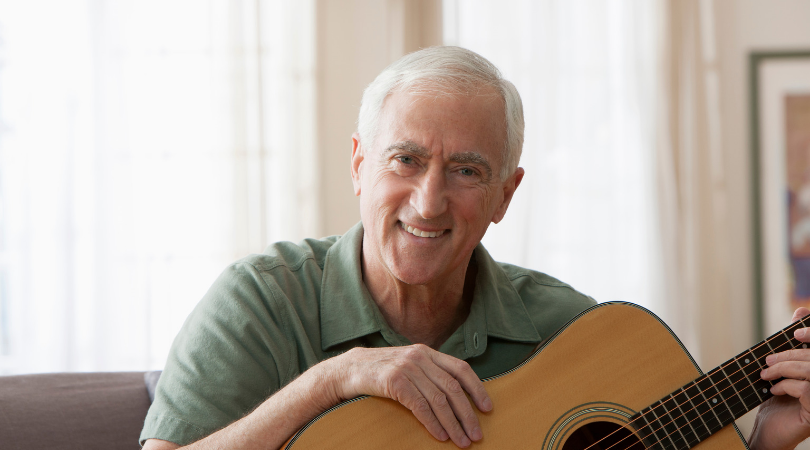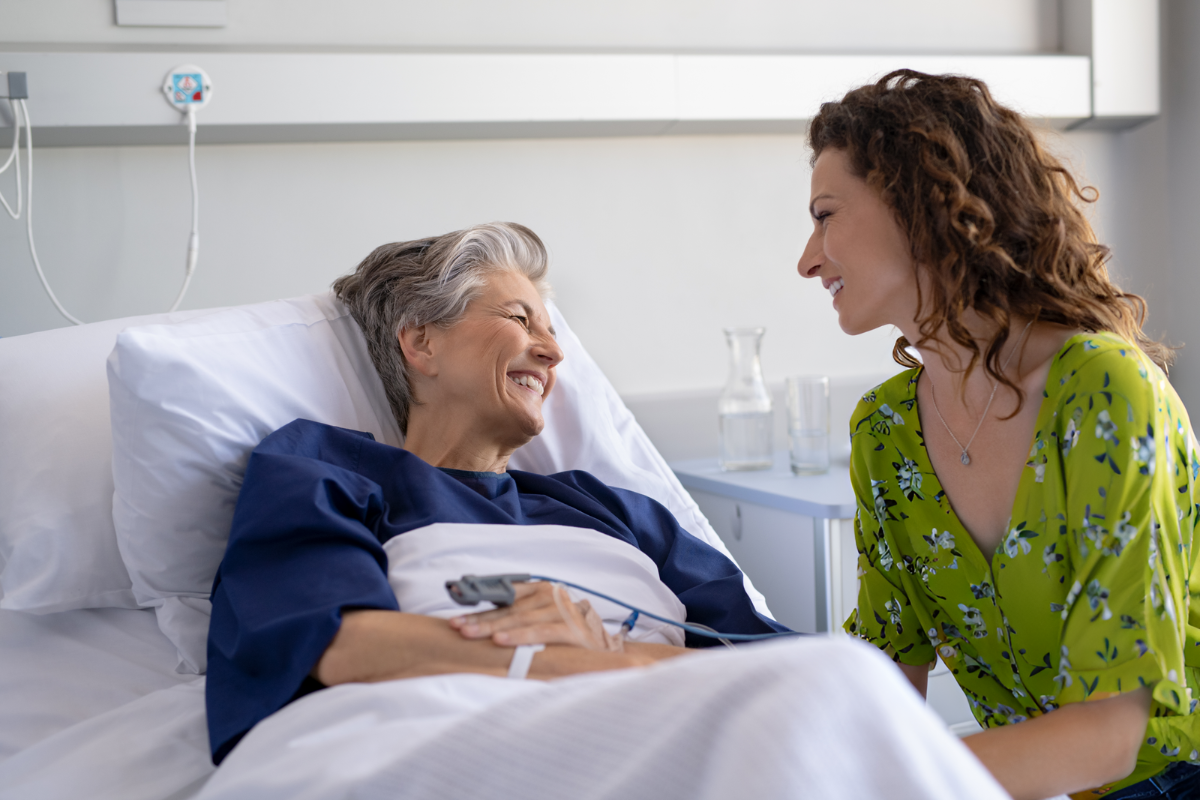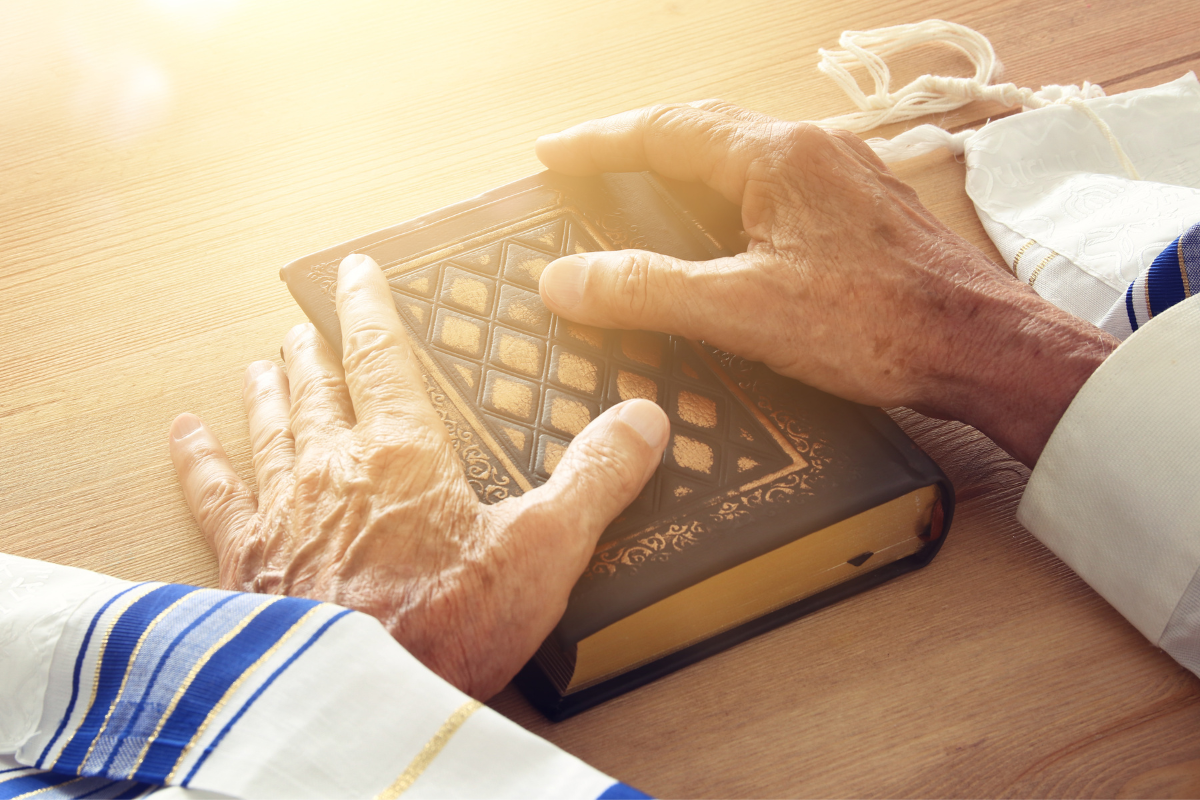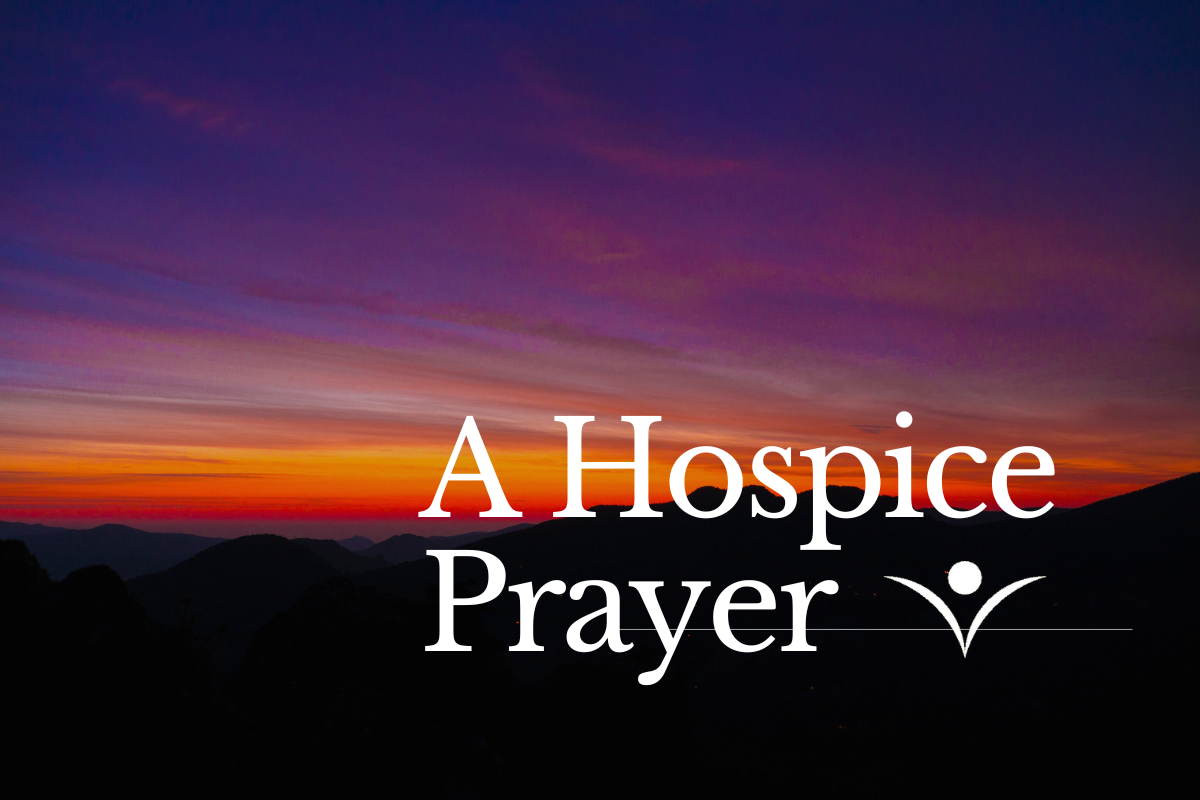Caring for the Human Spirit with Spiritual Hospice


The human spirit, like the mind and body, is a natural dimension of every one of us. It is our awareness of our place in the world, our relations with others, and our overall sense of meaning and purpose in life.
Hospice specialists know that when facing a terminal illness at the end of life, many people find themselves reflecting on existential questions. Who am I? How have I lived my life? Did I make a difference in the lives of others? At Crossroads Hospice & Palliative Care we see our patients and families grappling with these spiritual issues every day.
Hospice spiritual care is essential to elevating one’s quality of life. At Crossroads, meeting a patient’s spiritual and emotional needs is equally important as managing the physical ones.
Hospice Spiritual Care
All members of the Crossroads hospice team contribute to caring for a patient’s emotional and physical well-being. The hospice chaplain leads the care of the spirit.
As a person transitions to hospice care, the hospice team works together to identify the physical, emotional, and spiritual needs of that patient and his or her close family and friends. The chaplain’s role is to talk with the patient and loved ones to unfold their life story and understand their unique spiritual perspective. What is most meaningful and sacred to the patient and family? What ideas and beliefs are important? Is religious faith a comfort or does the person find inner strength through other avenues?
“A chaplain’s work raises the question: what is this life about?” says Larry Daniel, M.Div., BCC, Hospice Chaplain at Crossroads in Atlanta. With this knowledge, the hospice team develops a plan of care that best promotes spiritual peace and comfort for the patient and their family.

A Path Toward Spiritual Peace
Spiritual care is considered a basic tenet of hospice care. Hospice specialists have long known that as individuals with life-limiting illnesses approach the end of life, powerful and complex emotions often surface. Patients may start questioning the meaning of life, and whether their own life was of any value. Some may feel regret in their relationships or wish to put to rest unresolved conflicts.
“For many of our patients, their (religious) faith has been a source of great comfort, and we provide support based on their faith,” says Rev. Mark Telepak, Chaplain at Crossroads in Cleveland.
That might mean providing readings or prayers, or acting as a liaison to community clergy who can then provide the visits, practices, and rituals important to the patient.
“No matter a patient’s faith, we desire to have any spiritual need met by whatever means so our patients can be stronger, not weaker, and at peace, not in pain, emotionally and spiritually while on our care,” Mark says.
The focus of Crossroads’ chaplain care is more spiritual in nature than religious. Humans are complex beings: the physical, emotional, intellectual, and spiritual aspects of one’s nature are all interconnected. Balancing these aspects is the goal of hospice care. A healthy spiritual outlook is widely known to lower levels of pain and increase comfort and quality of life at the end of life.
The best ending comes, Mark says, when a person is able to reach that spiritual peace. He tells the story of a “very spiritual” woman who recently died, singing hymns and celebrating her life right up to the end:
“She had her spiritual strength. I just had to be present with her. Spiritual care is very much about grace and presence.”

What brings a smile to your face?
Crossroads chaplains and others know that people who don’t consider themselves to be religious also can benefit greatly from the emotional and social support of hospice spiritual care.
"All people have ideas or beliefs that they find meaningful," says Christian Bennett, Chaplain at Crossroads in Philadelphia. "Whether it is music, nature, or literature, the chaplain works to discover the important things that give that patient quality of life."
By asking skilled questions, listening attentively, and letting the patient define the direction of the conversation, chaplains uncover their patients’ own spiritual strengths, and help enhance them.
“When a person is facing terminal illness and admitted to hospice, that stress is really heavy,” Larry says. “A person will (spiritually) regress and forget what they know, their individual strength and/or faith.”
By serving as a spiritual guide on the end of life journey, “A chaplain invites them back to their own strength, back to their own selves.”
Charting the “Incline”
In caring for a terminally ill patient, one responsibility of a hospice nurse is to chart the person’s physical decline and to give medications to manage symptoms and reduce pain. Equally important, Mark says, is the responsibility of the hospice chaplain to chart the spiritual “incline” of that same terminal person over time, getting stronger emotionally, thriving spiritually and increasing the vitality of their personal relationships.
“Chaplains are a catalyst for healing for a dying person,” Mark says. “When a patient has reconnected to their faith or higher power, reconciled with a disconnected loved one, given or received forgiveness, and said or heard ‘I love you’ from those who matter most, that dying person can find courage daily, no longer living in the past but now having peace in their present and hope for their future.”
To find out more about hospice spiritual care, and what makes Crossroads special, give us a call at 1-888-564-3405.
If you found this information helpful, please share it with your network and community.
Copyright © 2019 Crossroads Hospice & Palliative Care. All rights reserved.




